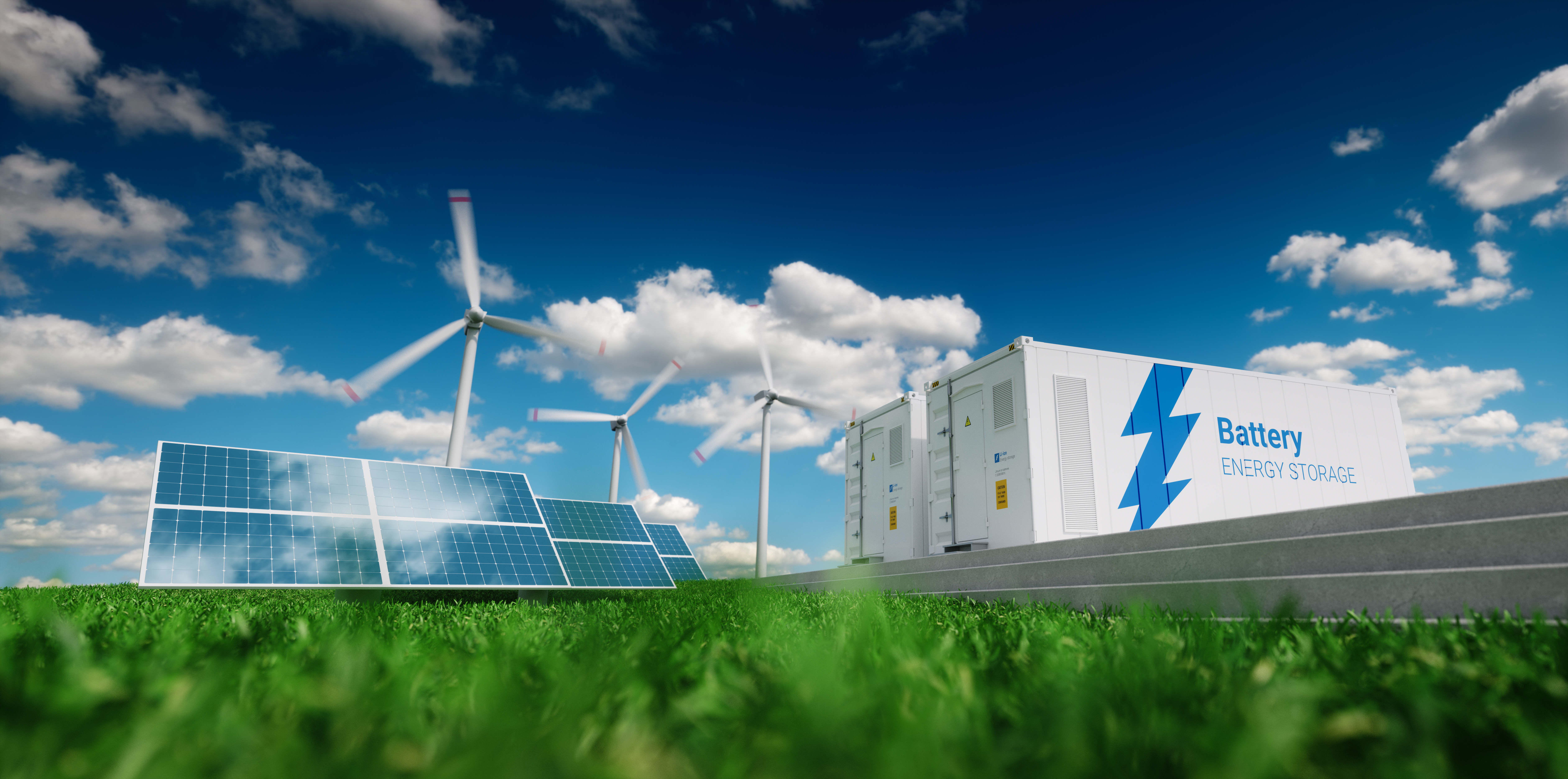Greater Private Sector Investment and More Large-Scale Projects Needed to Accelerate the Caribbean’s Renewable Energy Agenda

The equitable transition to energy efficiency and renewable energy is slowly progressing in the Caribbean but greater buy in and investment from the private sector, more large-scale projects attractive to investors and increasing the technical capacity of the practitioners especially among women and girls is necessary if the region is to improve the uptick of green energy initiatives. This was the joint position of representatives of the Caribbean Development Bank (CDB, the Bank), the Caribbean Centre for Renewable Energy and Energy Efficiency (CCREEE) and Global Affairs Canada (GAC) during discussions at the 29th United Nations Climate Change Conference (COP 29), in Baku, Azerbaijan.
According to CDB’s Acting Vice President (Operations) Therese Turner Jones, “This is about what the energy transition should look like across the region not just focusing on decarbonization but looking at … what kind of energy mix we envisage whether geothermal, photo voltaic or solar. All of those are… areas where this transition can happen faster but it can only happen faster when we create the awareness of what it is that we need to be doing in the region and have the capability to do it.” While CDB is laying the groundwork to scale up its climate-related support, including pursuing new and innovative approaches to address key bottlenecks that are otherwise inhibiting investment, much more outlay from the Caribbean’s risk averse business community is necessary. Sustained partnerships therefore, with all stakeholders, from inception is necessary to increase the success and circumvent hurdles related to investment, legislation, policy and capacity Turner-Jones affirmed.
The Bank is advancing a geothermal project in Dominica and solar power plant and energy storage project in Grenada through a sizeable investment by the Government of Canada, called Supporting Resilient Green Energy (SuRGE) in the Caribbean. According to the Vice President, through this new programme, CDB will help finance much-needed sustainable energy projects in its Borrowing Member Countries while simultaneously supporting policy development, capacity strengthening and other technical assistance activities that will aid the transition toward more sustainable, resilient and inclusive energy sector.
According to Mohammad Rafik Nagdee, Executive Director, CCREEE support for the Caribbean’s energy shift exists among the Multilateral Development Banks (MDBs). However, there must be a deepening of partnerships to further accelerate results. This includes a standardised approach to how related investments come into the region since entry into the Caribbean market can be challenging. “We can work together to generate a detailed pipeline of projects for aggregation and investment that’s something that CCREEE is well positioned to do with CDB’s support…. we also need greater scalability to access the technology and in so doing attract the investment.” He further emphasised that any pipeline of projects formulated should result from and reflect an intimate understanding of what the region and each country is seeking to achieve.
Meanwhile Andrew Hurst, Executive Director, Climate Finance, Global Affairs Canada (GAC) endorsed the idea of sustained collaboration to make the system work better and more cohesively. Articulating that current work addressing the accessibility of finance should continue and highlighting that innovation and solution-oriented partnerships similar to what is currently underway under the SuRGE project works. Beyond this, he indicated that knowledge sharing and working, through complex changes to legislation and public policy requirements to identify meaningful entry points can assist with successful implementation and conceptualisation. This can only improve the success of the much needed and highly complex green energy projects required by the Caribbean toward the required energy transition. The agency representatives were speaking at a COP29 side event hosted by CDB entitled “SuRGE and the Caribbean Energy Transition” where they explored opportunities to expand the pool of concessional resources to support the regional energy transition.



